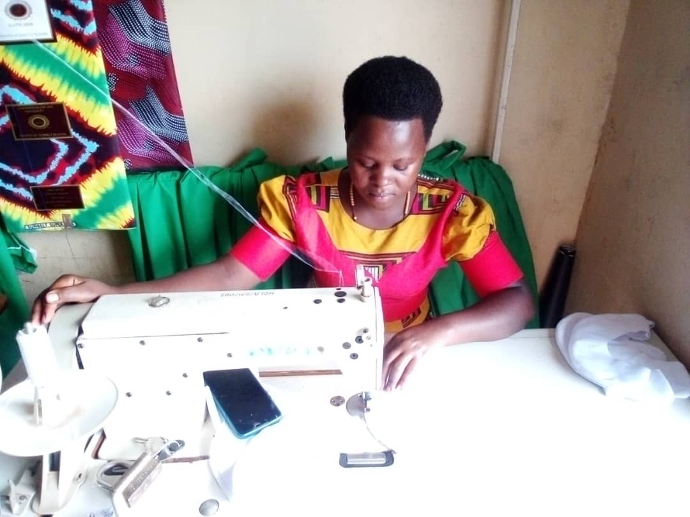
Akampurira Sarah - PhD scholar
MUST+ UAntwerp
Topic: Stakeholder Collaboration, Entrepreneurship Education, and Student Entrepreneurial Behavior: A Comparative Analysis of Uganda and Belgium Universities
- This study explores the role of stakeholder collaboration and entrepreneurship education in shaping student entrepreneurial behavior.
- The study contributes to the existing literature on embryonic entrepreneurship and start-up behavior in two ways. First, it adds to our understanding of the influence of key elements of stakeholder collaboration on student entrepreneurial behavior. Second, it sheds light on the influence of entrepreneurship education on student entrepreneurship behavior.
Combining insights from developed and developing countries, the study aims to contribute to sustainable economic growth and poverty reduction in Uganda.
The purpose of the research is to achieve the following objectives:
1. To comparatively assess the relationship between university stakeholder collaboration and student entrepreneurial behavior at universities.
2. To comparatively assess the correlation between university stakeholder collaboration and entrepreneurship education at universities.
3. To comparatively examine the association between entrepreneurship education and student entrepreneurial behavior at universities.

Alex Twinomuhwezi - PhD Scholar
MUST + VUB
Topic: Human Capital, Structural Capital and Graduate Employability in South-Western-Uganda
The current study aims to investigate the mediating effect of employability skills on the connection between human capital, structural capital, and graduate employability specifically within public universities in South-western Uganda. Moreover, while existing literature predominantly attributes employability outcomes to individual students, it is essential to explore the role of universities' strategic knowledge assets in shaping graduates' employability.
This study adopts a multi-theoretical approach to provide a comprehensive understanding of graduate employability, considering the unique circumstances of a developing country of Uganda’s state. By integrating multiple theoretical perspectives, this study seeks to enhance our understanding of the factors influencing graduate employability within the specific context of public universities, shedding light on the complex dynamics between human capital, structural capital, employability skills, and graduates' transition into the workforce.

A Survey (IRB No: MUST-2023-1167)
Titled "Exploring Existing Approaches to Youth Employability in Southwestern Uganda: A Qualitative Study of Successes and Drawbacks." The rationale behind the survey is to prepare a detailed report documenting the existing youth entrepreneurship capacity development methodologies implemented in southwest Uganda to foster youth employability since 2018.